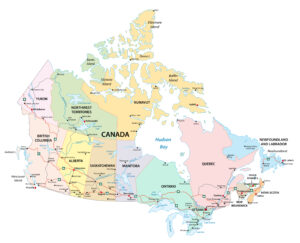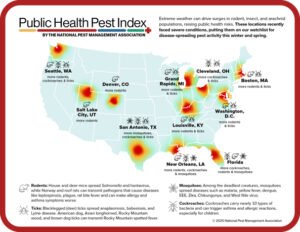On January 6, the city of Richmond, VA issued a boil water advisory following a recent snowstorm. Boil water advisories are more frequent than people realize, with many areas of the US experiencing several each year due to water main breaks, natural disasters, or other malfunctions that lead to water contamination. Municipalities are required to conduct regular testing and maintenance, but water could still become unsafe for public consumption at a moment’s notice.
The city of Richmond’s water system became compromised following a power failure last week that caused flooding of a critical operational area of the plant. After shutting down to make repairs, residents were asked to be mindful of their water usage and to boil any water they had access to as the issue was being resolved. This incident caused widespread closures and inconveniences to the community. On January 11, the advisory was lifted and officials continue to test the water to ensure its safety. Residents are advised to flush their faucets and clean filters, ice makers, and appliances before use.
During a water boiling advisory, bottled or boiled water should be used for drinking, personal hygiene, and preparing food. The CDC offers guidance with specific instructions on boiling potentially contaminated water and how to avoid getting sick. AFDO provides guidance for regulatory agencies responding to the contamination and for businesses impacted by the advisory. Food facilities should pay special attention to the procedures listed surrounding food processing, handwashing, dishwashing, and sanitation when the water supply is interrupted.
Operations may need to be shut down if food safety could be compromised, such as if potable water sources cannot be provided for hand washing before preparing food or if proper sanitation methods cannot be met. Prepared food may need to be discarded if it had previous contact with contaminated water or ice. It would be proactive for food facilities to evaluate what they would do in the case of a boil water advisory, as it can be unexpected, and many are likely unprepared to handle it.
Reach out to experienced TAG consultants for assistance in emergency preparedness plans for your food facility or with any further questions.
COVID Risk Matrix:
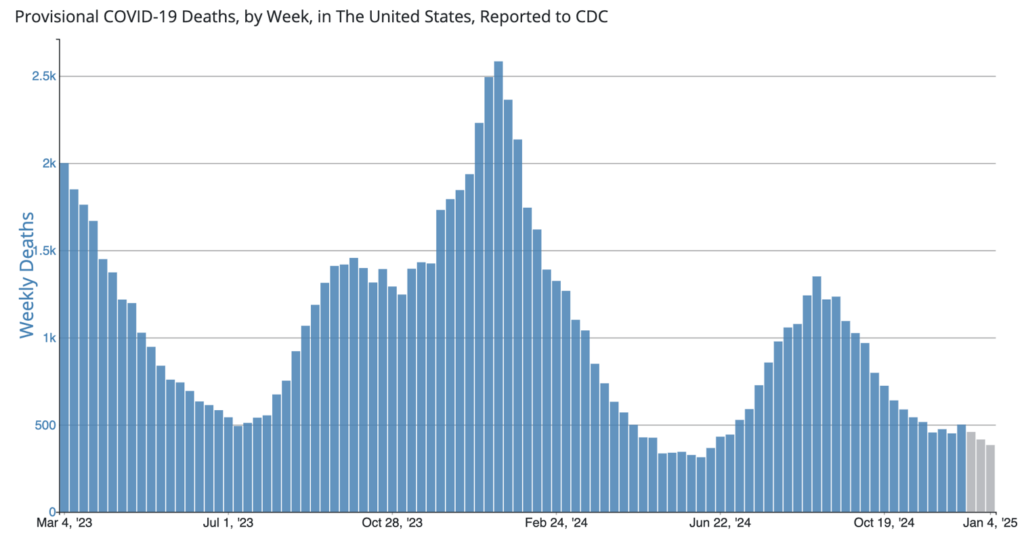
Influenza:
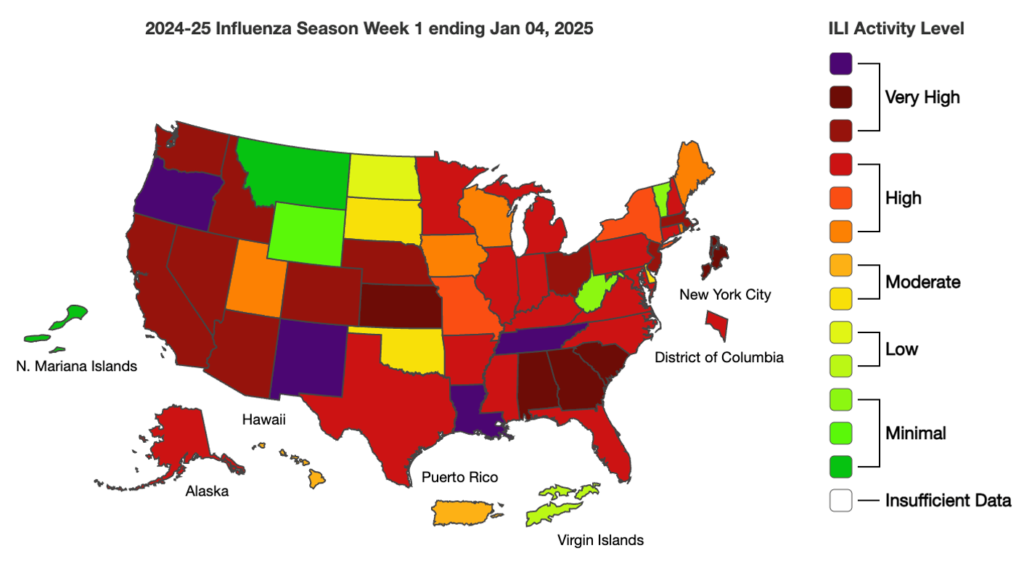
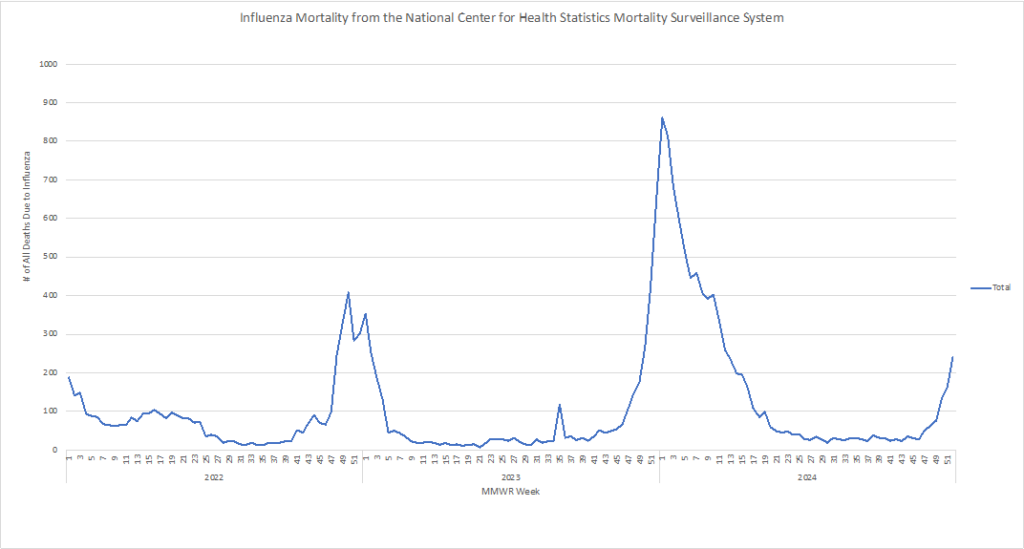
Infectious Disease News:
- A new norovirus strain may be responsible for the uptick in illnesses this year. This winter’s dominant norovirus strain is GII.17[P17]. Samples from patients in nearly 7 in 10 norovirus outbreaks have tested positive for the new strain so far this season, according to data from CDC’s CaliciNet.
- California has announced a ban on all poultry and cattle exhibitions until further notice as part of the state’s efforts to curb the spread of H5N1 avian flu to people and uninfected animals.
- A man in Cambodia has died from H5N1. It was reported that his family raised chickens, and the man was the caretaker and cooked the sick chickens for food. This is the 19th human case reported in Cambodia in less than 2 years, after a lull of nearly a decade without a case. Earlier in 2024, the FAO reported that a new genotype had emerged in Cambodia that likely lead to the increase in cases.
- A herd of pigs in a village in Malaysia has been infected with African Swine Fever (ASF). Reactions include limiting the movement of swine and surveillance continues. Public health officials reminded citizens that ASF only affects pigs and is not zoonotic, so there are no worries for human health nor impacts on the consumption of pork.
- It is reported by the Egyptian Ministry of Health that as of February 10, 2025, health authorities in Saudi Arabia will enforce a decision requiring travelers to the country to be vaccinated against meningitis.
- Incidence of TB in Canada is up. In Quebec, most cases are in Montreal, Laval, Quebec City, and especially, Nunavik, where the incidence of active TB is 200 times greater than elsewhere in the province. The Montreal area reports nearly a 100% increase in active TB cases in 2024, compared to the previous 13 years. Some health officials hypothesize that the pandemic may have affected access to healthcare services, which could have caused a delay in TB diagnosis and treatment and, consequently, an increase in transmission.


